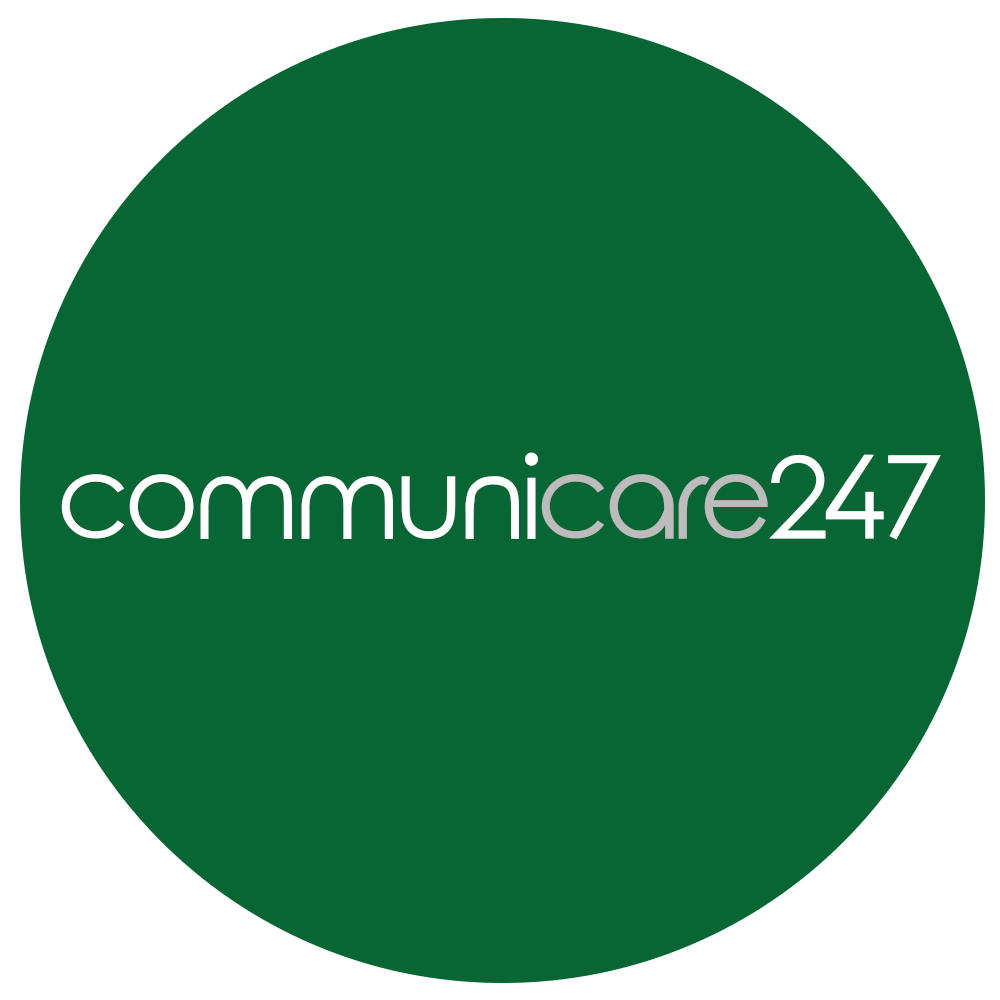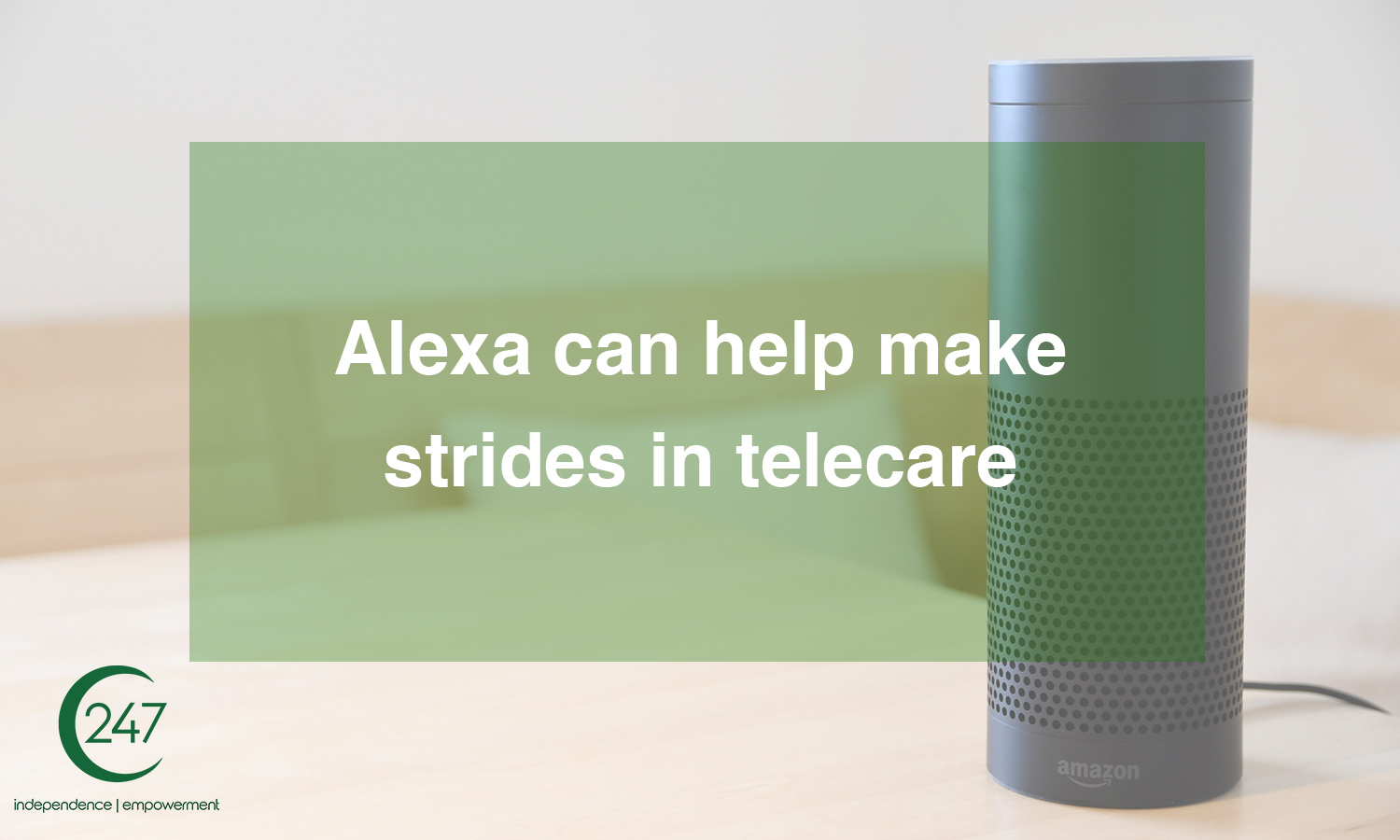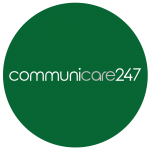ALEXA, remind me to take my medication today. Alexa, I have fallen and I can’t get up – can you call for help?
The NHS in England has launched a collaboration with Amazon’s virtual assistant in a sign of social care to come. The service to be provided is the most basic – ensuring that when people ask for health advice, the information Alexa offers is verified by the NHS rather than plucked from the random depths of the internet.
This partnership is a first, small step but shows the way to how digital health and telecare will transform social care in the future. A virtual assistant is just one technology that can enable people to live independently in their homes for longer and at a lower cost to the National Health Service – which is already showing signs of being at financial breaking point.
But before we get there, Scotland will have to radically overhaul the infrastructure that underpins the social care system.
Currently Scotland’s 32 local authorities offer a range of adult care services spanning telecare alert buttons to residential care homes. But problems in the system are mounting, not least due to the spiralling costs of meeting the care needs of the UK’s ageing population.
The creaking of the social care system is revealed in statistics like the rising number of people forced to extend their stay in hospital because the facilities that would enable them to return to a much less costly home environment are overburdened and increasingly unavailable.
The backbone of a service that truly connects Alexa – or any other virtual assistant, sensor or video conference facility – to a social care support service will rely on the telecare system undergoing a transformation from analogue to digital. However, cash strapped local authorities across the UK have yet to adopt the infrastructure that will enable these systems to interact with, but also protect, a user’s data. The time is now for investment planners and policy makers to ensure the telecare system is fit for the future.
The enabler of this integration is the alarm receiving centre (ARC) which acts as the brain of the system. It ensures the person calling for help or support gets the right response – whether it is a fall or, depending on use of sensor technology, a change in vital statistics.
The digital ARC is also equipped to deliver video conferencing which will be the cornerstone of remote diagnostics and GP support for many remote areas of the country. This technology will also support carers – both formal and informal – in supporting users with complex needs like dementia.
In Glasgow, our company Communicare247 is developing a system incorporating motion detection and a range of home-based environmental sensors that are connected by our ARC in Dunoon and its Archangel cloud portal via a smart phone app. The project, supported by Glasgow City Council (GCC) and Innovate UK, has been shown to enable ARC staff, carers and family members to monitor the user in a system designed to ensure peace of mind as well as improve safety and response times.
This pilot study is among the first in Scotland that moves telecare on from the old-fashioned “red button”, improving functionality, security and safety all at the same time.
Alexa, is this how we will live independently for longer?



